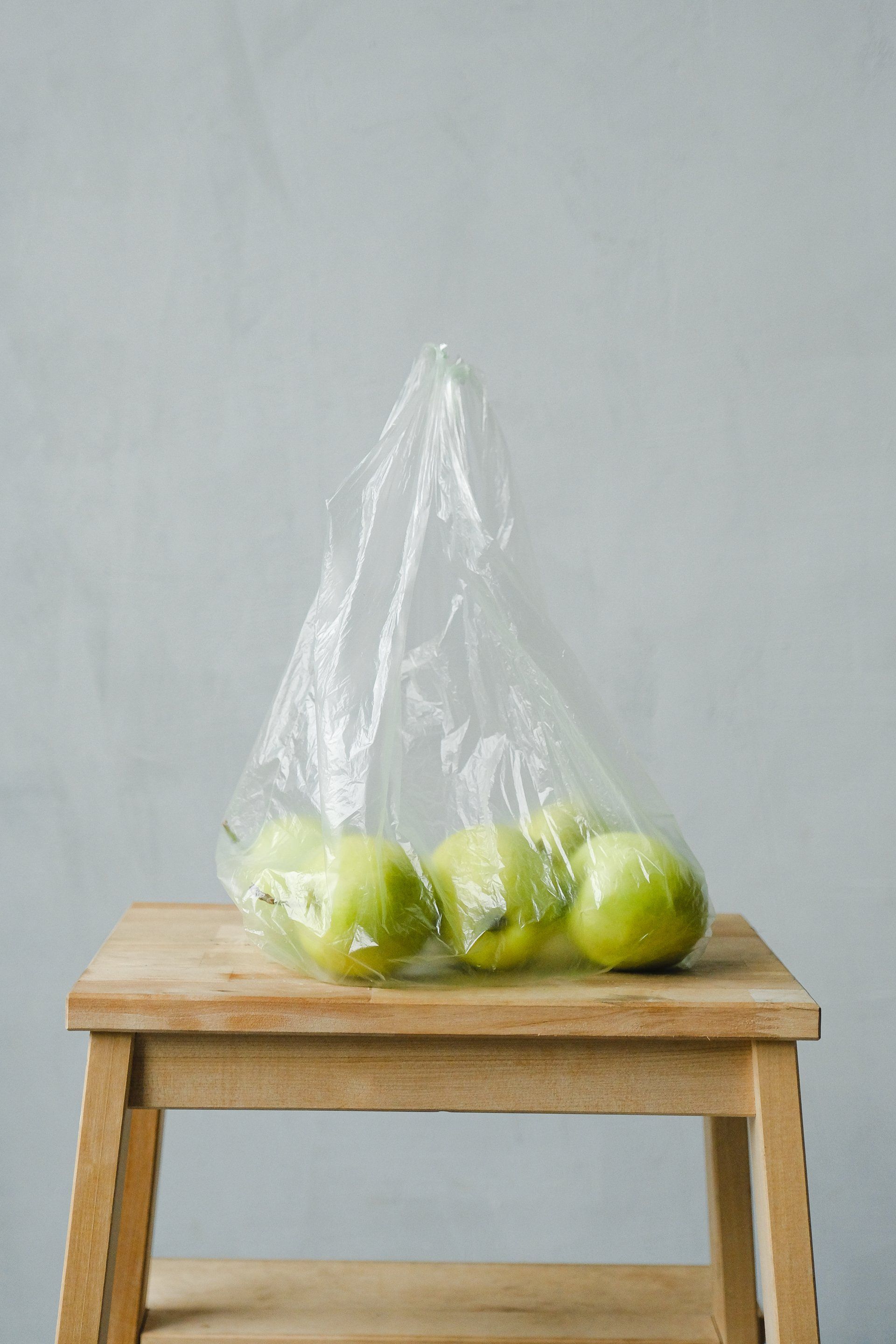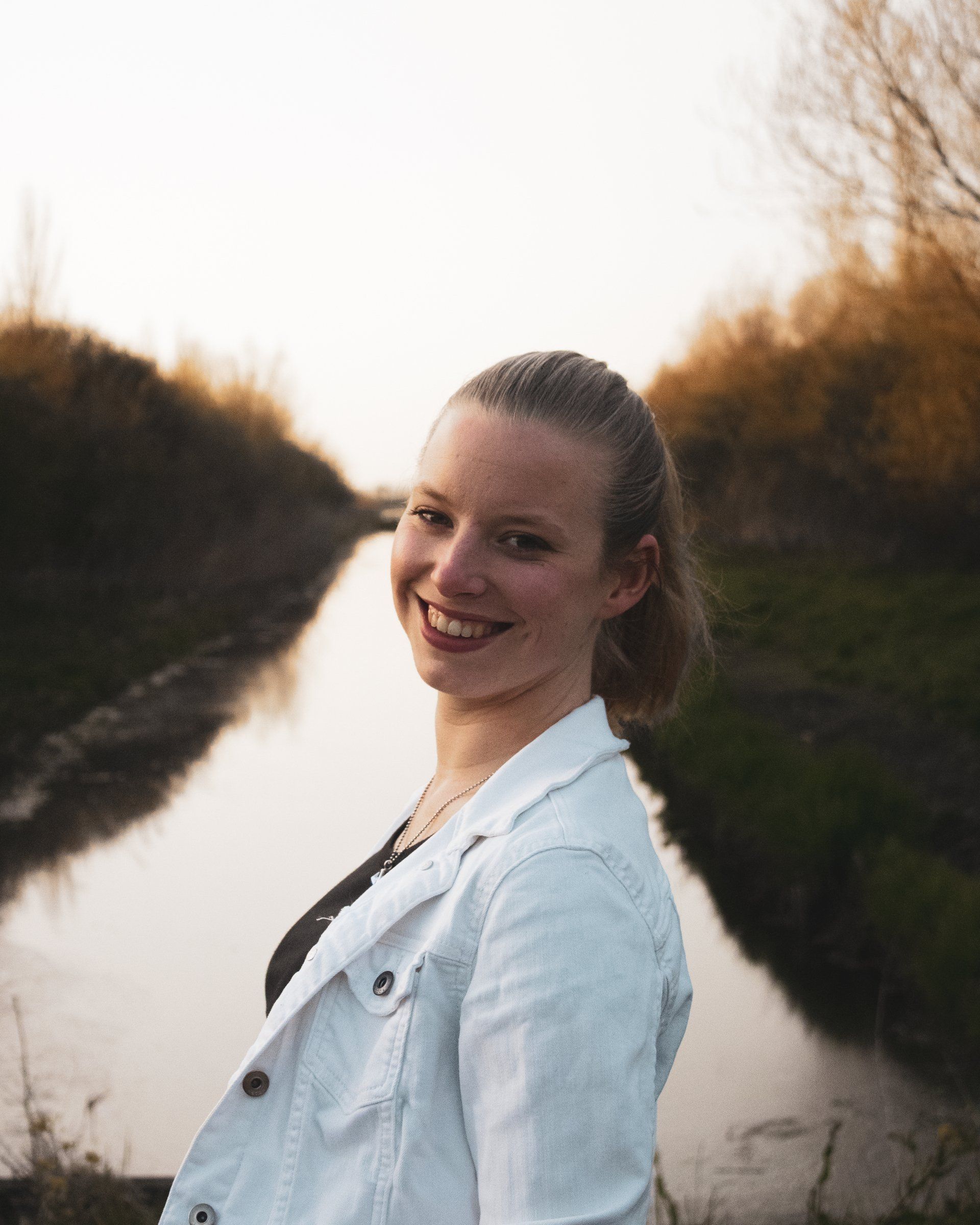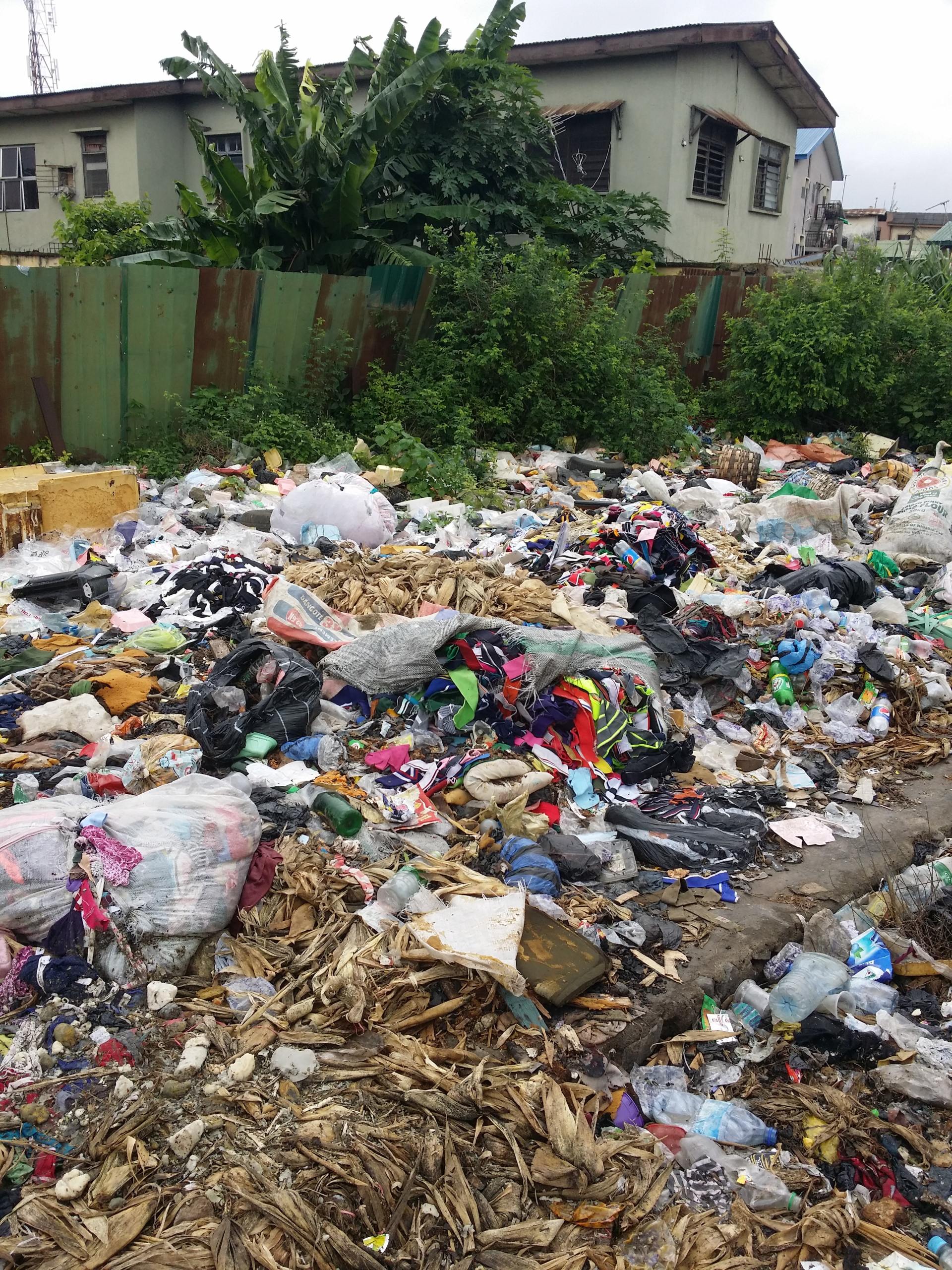About me
Hi, I am Jo-Anne
I am a PhD student in the lab of Han de Winde and Arthur Ram at Leiden University and I work on plastic degradation with microorganisms.
My scientific story
"Science is magic that works"
In 2015 I started my bachelor studies in biology at Leiden University. In the summer of 2016 I was honored to be selected as a candidate in the Study of the US institutes leaders of Europe environmental issues program in Eugene Oregon. This progam made me realise how important it is to move toward sustainable life.
After my return my interest in microorganisms and biotechnology continued to develop further. Therefore, I started focussing on molecular biology and biotechnology during my masters. To meet my interests in synthetic biology and biotechnology, I joined the iGEM team of Leiden in 2019 where we tried to produce suckerin in high quantities and use it as a scaffold for wound healing.
In 2020, I was able to combine my interests in a sustainable lifestyle and molecular microbiology into my PhD focussing on plastic degradation with microorganisms.
Passion for microbes
"If you don't like microbes, you are on the wrong planet"
Especially during my masters my love for microorganisms bloomed. Their ability to adapt toward environmental stresses is extraordinary and still after years of research these tiny creatures keep amazing us.
Microbes can do amazing things from producing medicine to breaking down complex structures. They can hitch hike and be stationary, heal and harm us.
My main organisms of interest are Streptomyces species, Pseudomonas putida, Escherichia coli and Aspergillus niger. You can read more about them on the page organisms of interest.
Plastic fantastic
"Only humans make waste that nature cannot digest"
Plastics are everywhere. They are broadly used in long-term applications like transportation, plumbing, and infrastructure but also short term applications like plastic cups, bottles, toothbrushes and many more.
Especially the short term plastics cause problems. Annually around 8 million tonnes of plastics ends up in the environment due to landfilling, leakage and dumping, Since these plastics are very recalcitrant materials they are not being degraded and will keep accumulating.
The scientific world is trying to come up with ways to decrease this pollution and improve current degradation and recycling methods, I am happy to be one of them.
Plastics the numbers
Why do I do this research?
The numbers concidering plastic pollution are dawnting. To decrease the accumulation of plastic in the environment we need to decrease the production and utilisation of single-use plastics and recycling methods need to be improved. By researching enzymatic degradation of plastics new doors open for a sustainable and efficient method for plastic recycling and upcycling [4].





